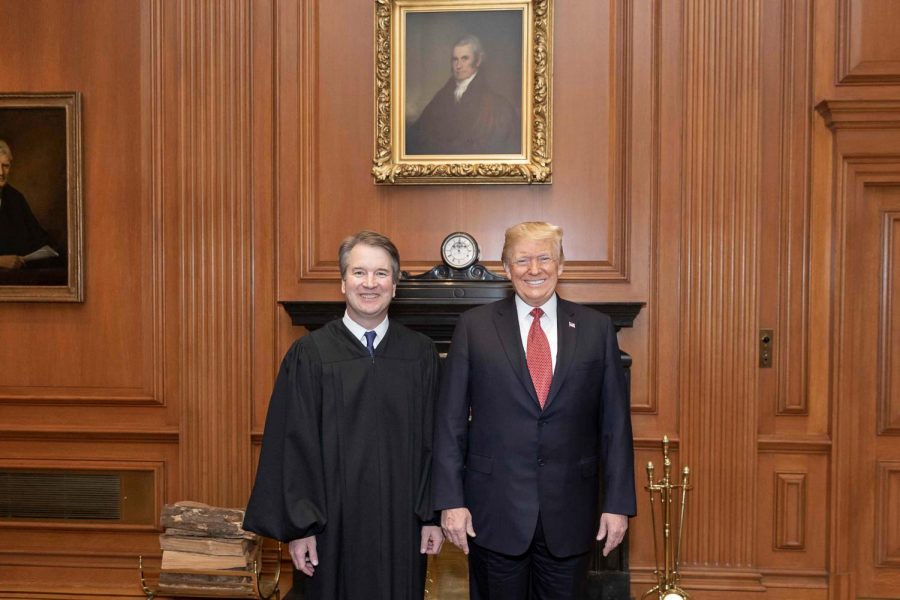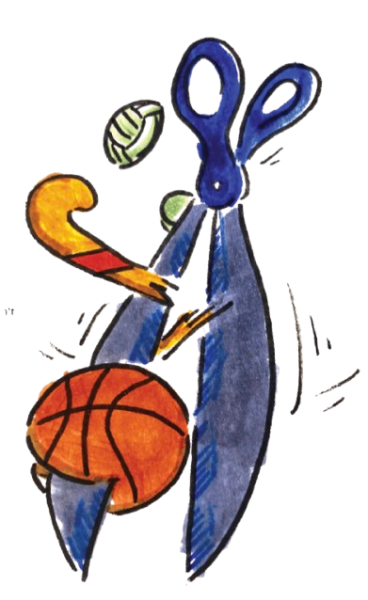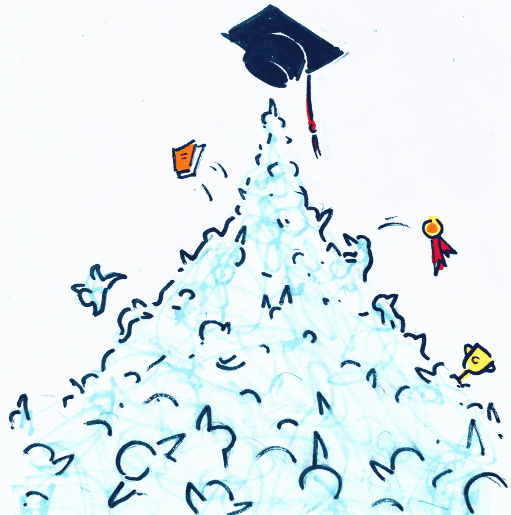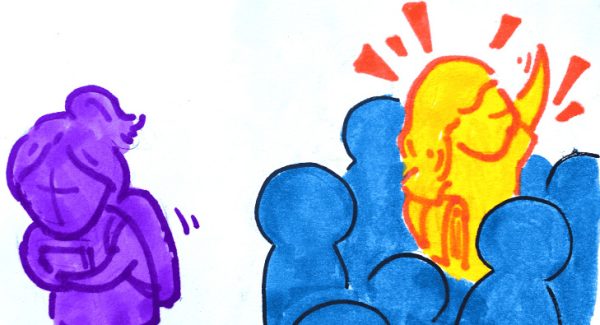Kavanaugh Revisted
Recently, Supreme Court Justice Brett Kavanaugh’s ability to serve as one of the seven members of the Supreme Court was once again called into question, after two new allegations of sexual assault surfaced in a newly published book.
After an investigation by the Senate Intelligence committee, the Senate moved forward with the confirmation procedures in place for Justices since America’s founding. Yet his reputation and character continue to be called into question. The continued questions regarding his integrity demonstrate that, in our current society, justice has been replaced with the court of public opinion, presided over by a jury of Twitter pundits informed by a mainstream media indifferent to facts in the hope that the might publish the first headline.
The New York Times reporters Robin Pogrebin and Kate Kelly decided to further investigate Justice Kavanaugh’s actions during his college years. In their book The Education of Brett Kavanaugh, the authors write about two allegations of sexual harassment. Of the first accusation, by Deborah Ramirez, they write, “Brett Kavanaugh pulled down his pants and [sexually violated a female student], prompting her to swat [him] away.” The other claim relies upon the testimony of “a classmate, Max Stier, [who] saw Mr. Kavanaugh with his pants down…where friends pushed [him] into the hand of a female student.”
After these allegations came to light, many condemned Justice Kavanaugh and sought his immediate removal from office. Sen. Kamala Harris (D-CA) declared that Kavanaugh’s “place on the court is an insult to the pursuit of truth and justice. He must be impeached.” Sen. Elizabeth Warren (D-MA), Sen. Bernie Sanders (I-VT), South Bend, IN Mayor Pete Buttigieg, former Obama housing secretary Julián Castro, and former Rep. Beto O’Rourke joined in with impeachment calls of their own. Former Vice President Joe Biden also sought action, demanding that Congress re-open its investigation and “follow the evidence to wherever it leads.”
However, a potential impeachment will hinge on the reliability of these accusers and their allegations, which have both come into question. Both charges brought against Justice Kavanaugh in the new book had already been reported to and examined by the FBI during the initial committee hearings. One of the claims was made by Yale classmate Max Stier, who notified Senators and the F.B.I. prior to Justice Kavanaugh’s confirmation. The F.B.I. investigated Mr. Stier’s claim, but later dismissed it on grounds of insufficient evidence. In fact, the female student involved in the incident declined to be interviewed and her friends say that both they and the alleged victim do not recall the episode. Just as Max Stier’s claims were not considered sufficient evidence for action by the F.B.I. and the Senate Judiciary Committee, so was Ms. Ramirez’s uncorroborated accusation.
Justice Kavanaugh’s largest obstacle in the nomination hearing was the allegations brought forth by Georgetown Prep classmate Dr. Christine Blasey Ford. The New York Times reporters explore Dr. Ford’s allegations by following up with friends, witnesses, and people present that night. Dr. Ford’s best friend, Leland Keyser, upon whose testimony the charges against the Justice relied, in fact, challenges Ford’s accuracy towards the conclusion of the confidence in that [Dr. Ford’s] story.”
During the process of searching and subsequently writing the book, both authors indicate their existing biases inadvertently through the line: “Our gut reaction was that the allegations … from the past rang true.” Despite their biases, the information unearthed in the book, or lack thereof, “Uncovered nothing to suggest that Kavanaugh has mistreated women.”
The new allegations and subsequent calls for impeachment are indicative of society’s instinctive reaction to “terminate first and confirm second.” Unfortunately, the tendency to judge before knowing the facts of the entire case becomes apparent in almost every single new allegation or scandal involving public figures. Justice Brett Kavanaugh’s experience is not the first, nor will it be the last.






